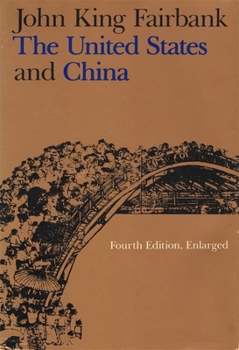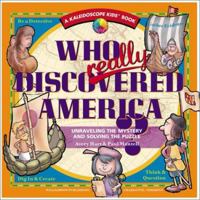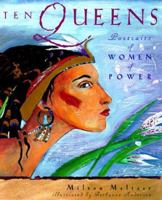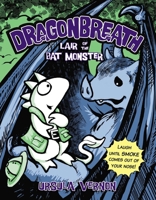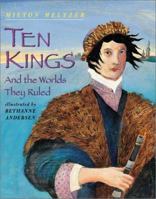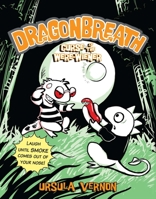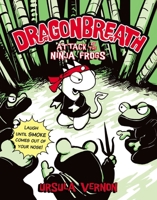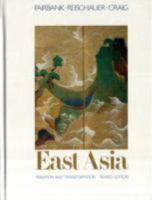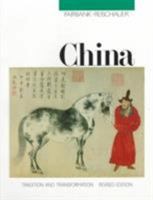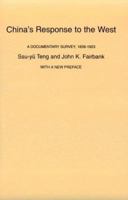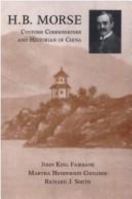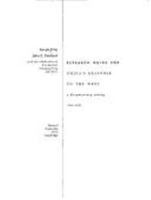The United States and China
For two generations scholars and general readers have looked to John King Fairbank's The United States and China for knowledge and insights about China. In this fourth edition, enlarged, he includes a new preface and an epilogue that brings the book up to date through the events of 1982. He has also updated the vast bibliography and both indexes. This book stands almost alone as a history of China, an analysis of Chinese society, and an account of Sino-American relations, all in brief compass.
The older portions of the book still sparkle, and they have been refined by the latest scholarship and the author's own observations in the People's Republic of China. And many photographs, especially chosen by John and Wilma Fairbank, show a changing land and its inhabitants.You Might Also Enjoy
Related Subjects
ReferenceCustomer Reviews
Rated 5 starsInternational Relations, Sweet and Sour
In an era where America is the last remaining superpower, it is sometimes easy to feel that there are no real threats left in the world to American security (apart from the occasional terrorist, that is); it is easy to slip into a complacency a la the British Empire in thinking itself impregnable due to its relative insularity from the rest of the world (truly, for a variety of reasons, Canada and Mexico pose no real threats...
1Report
Rated 5 starsInternational relations, sweet and sour
In an era where America is the last remaining superpower, it is sometimes easy to feel that there are no real threats left in the world to American security (apart from the occasional terrorist, that is); it is easy to slip into a complacency a la the British Empire in thinking itself impregnable due to its relative insularity from the rest of the world (truly, for a variety of reasons, Canada and Mexico pose no real threats...
0Report










